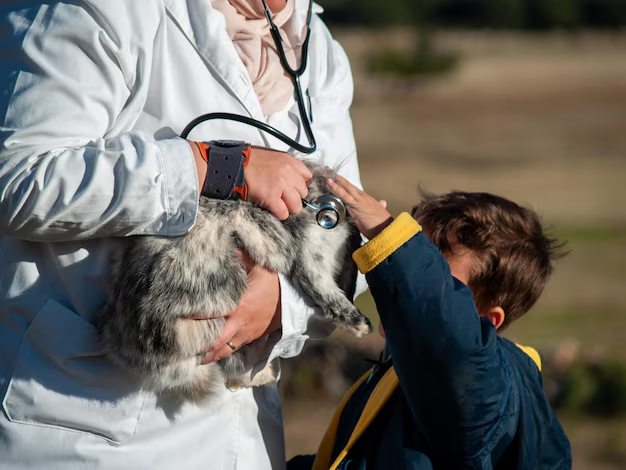How Many Years to Become a Veterinarian?
Becoming a veterinarian is a rewarding career path that blends a love for animals with scientific and medical expertise. To embark on this journey, prospective veterinarians must first obtain a bachelor's degree, typically in a science-related field such as biology, animal science, or chemistry. This undergraduate education lays the groundwork for the more specialized learning that follows. After earning their bachelor’s degree, aspiring veterinarians must then attend an accredited veterinary school, which usually takes an additional four years. During veterinary school, students dive into rigorous coursework and hands-on clinical training to develop the skills necessary for diagnosing and treating animals.
Upon successful completion of veterinary school, graduates must obtain a license to practice, which involves passing the North American Veterinary Licensing Examination (NAVLE). While a Doctor of Veterinary Medicine (DVM) degree and a valid license are essential, veterinarians may also pursue specialized board certifications in areas such as surgery, internal medicine, or exotic animal care to enhance their expertise and career opportunities. This journey requires dedication to years of education and training, but for those passionate about animal health, the outcome is well worth the effort.
Education and Certifications Pathway:
- 🎓 Bachelor's Degree: Generally in pre-veterinary studies, biology, or a related field (about 4 years)
- 📚 Doctor of Veterinary Medicine (DVM): Accredited veterinary school program (4 years)
- 📝 Licensing Exam: North American Veterinary Licensing Examination (NAVLE)
- 🏅 Optional Board Certifications: Specializations in surgery, internal medicine, etc.
Each step in this process opens doors to further learning and specialization, ensuring you can contribute effectively to the field of veterinary medicine.
